Un accidente de tráfico puede dejarte algo más que lesiones visibles.
Una de las consecuencias más preocupantes y que a menudo se pasa por alto es el daño nervioso, que puede provocar dolor persistente, pérdida de funcionalidad e incluso discapacidades permanentes.
Identificar los signos de lesiones nerviosas tras un accidente de tráfico es crucial para recibir la atención médica adecuada y obtener una indemnización justa por sus lesiones.
En este artículo se describen los síntomas más frecuentes de las lesiones nerviosas para que sepas a qué atenerte y cuándo buscar ayuda profesional.
Para una consulta gratuita y sin compromiso con un abogado con experiencia en accidentes automovilísticos en California, llene nuestro formulario en línea o llame al (209) 600-4389 hoy.
1. Sensación de hormigueo o de "alfileres y agujas
Uno de los primeros signos de daño nervioso tras un accidente de coche es una sensación de hormigueo, a menudo descrita como una sensación de "alfileres y agujas."
Esta afección se produce cuando un nervio se comprime, irrita o daña parcialmente, interfiriendo con la señalización nerviosa normal.
El hormigueo puede aparecer en manos, pies, brazos o piernas, y puede ser intermitente o constante. Aunque al principio pueda parecer leve, un hormigueo persistente podría indicar algo más grave, como un pinzamiento nervioso o un problema subyacente más profundo. Busque atención médica de inmediato para descartar cualquier problema grave.
2. Entumecimiento de las extremidades
El entumecimiento de los dedos de las manos y de los pies, o de otras partes del cuerpo, es otro síntoma frecuente de lesiones nerviosas por accidente de tráfico. Suele ir acompañado de hormigueo, lo que dificulta sentir la temperatura, la presión o el dolor en las zonas afectadas.
El entumecimiento suele ser consecuencia de la interrupción de los nervios sensoriales, que transmiten señales al cerebro. Si no se trata, esta afección puede provocar problemas funcionales a largo plazo o incluso daños permanentes en los nervios como consecuencia de un accidente de tráfico.
3. Dolor agudo o quemante
Es posible que haya sufrido una lesión nerviosa si experimenta un dolor agudo, punzante o quemante. Este tipo de dolor suele describirse como irradiado o eléctrico, y puede producirse en cualquier parte del cuerpo, dependiendo de la localización del nervio dañado.
El dolor nervioso tras un accidente de coche suele ser distinto del dolor muscular o articular y puede ir desde una molestia leve hasta un dolor intenso y debilitante. Si este síntoma persiste, acude rápidamente al médico para que evalúe el alcance de la lesión.
4. Debilidad muscular
Los nervios controlan el movimiento muscular, por lo que los daños en los nervios motores pueden provocar una notable debilidad muscular. Puede resultarte difícil levantar objetos, agarrar objetos o realizar tareas cotidianas, como andar o subir escaleras.
En los casos graves, la debilidad muscular puede empeorar con el tiempo, provocando atrofia o pérdida de masa muscular. Si experimentas estos síntomas, podrían ser signos de una lesión nerviosa importante que requiere tratamiento inmediato.
5. Sensibilidad al tacto o a la temperatura
Las lesiones nerviosas pueden hacer que su cuerpo sea hipersensible al tacto, al calor o al frío. Actividades que antes parecían normales, como ponerse ropa o ducharse con agua caliente, ahora pueden causar molestias o dolor.
Esta afección, conocida como alodinia, se produce cuando los nervios sensoriales dañados envían señales anormales al cerebro. La hipersensibilidad puede ser un indicador de daño nervioso por accidente de coche y no debe ignorarse.
6. Pérdida de coordinación o equilibrio
Cuando los nervios responsables de la propiocepción -es decir, la conciencia del cuerpo en el espacio- resultan dañados, pueden producirse problemas de coordinación o equilibrio. Puedes notar dificultad para caminar, tropezar o sentirte inestable sobre los pies.
Los problemas de coordinación o equilibrio son frecuentes en los casos de lesiones nerviosas espinales o periféricas. Si experimentas estos síntomas, podrían indicar una lesión nerviosa grave y justificar una evaluación más exhaustiva por parte de un especialista.
7. Dolor irradiado o debilidad a lo largo de la columna vertebral
El dolor de espalda que se irradia a los brazos o las piernas puede ser signo de una hernia discal que comprime los nervios cercanos. Esta afección suele denominarse radiculopatía y suele asociarse a un pinzamiento nervioso tras un accidente de tráfico.
Los síntomas pueden incluir dolor, entumecimiento o debilidad en las zonas afectadas. Si no se trata, este tipo de lesión nerviosa puede provocar dolor crónico o pérdida permanente de funciones.
Por qué es importante reconocer estos síntomas
If you’re experiencing any of these signs of nerve damage after a car accident, seeking immediate medical attention is critical. Early diagnosis and treatment can help reduce the risk of permanent nerve damage and improve your chances of recovery.
Las lesiones nerviosas suelen requerir pruebas especializadas, como resonancias magnéticas, tomografías computarizadas o estudios de conducción nerviosa, para identificar la localización exacta y la gravedad del daño.
Una vez diagnosticados, los tratamientos pueden incluir fisioterapia, medicamentos o incluso cirugía en casos graves.
Cómo puede ayudar Silva Injury Law
En Silva Injury Law, entendemos lo abrumador que puede ser para hacer frente a las lesiones después de un accidente de coche, especialmente cuando los síntomas como daño a los nervios complican su recuperación.
Si la negligencia de otra parte causó su accidente, podemos ayudarle a reclamar una indemnización por sus gastos médicos, salarios perdidos y dolor y sufrimiento.
Contacto nuestros experimentados abogados de accidentes de coche de California hoy para discutir su caso y explorar sus opciones legales. Vamos a luchar por la justicia y la seguridad financiera que se merece.

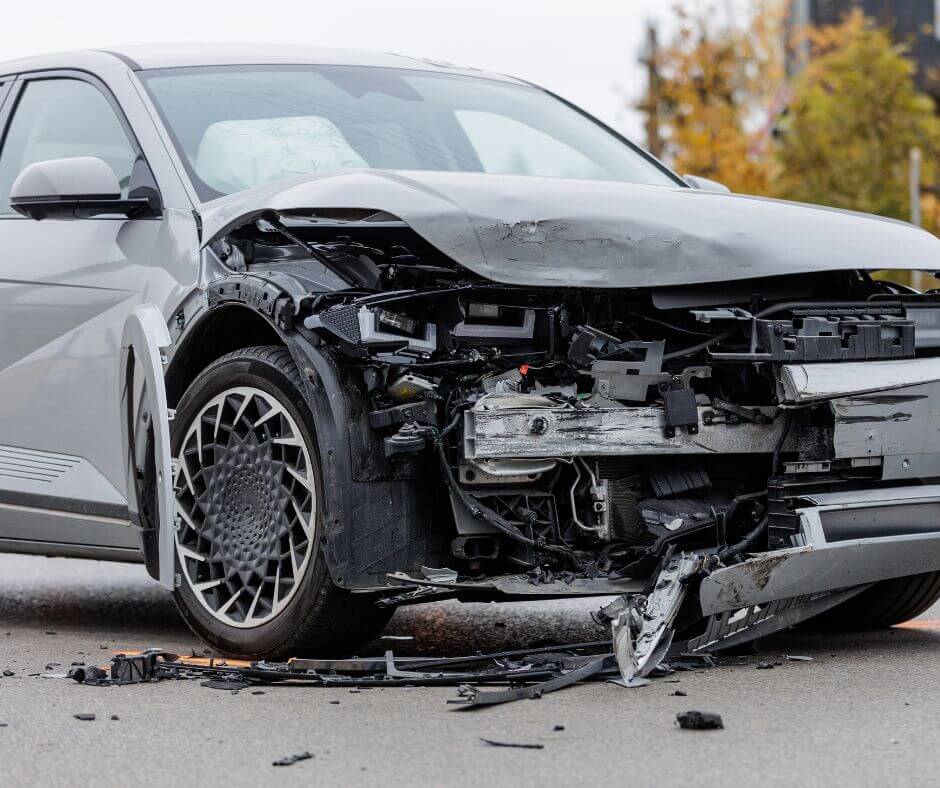

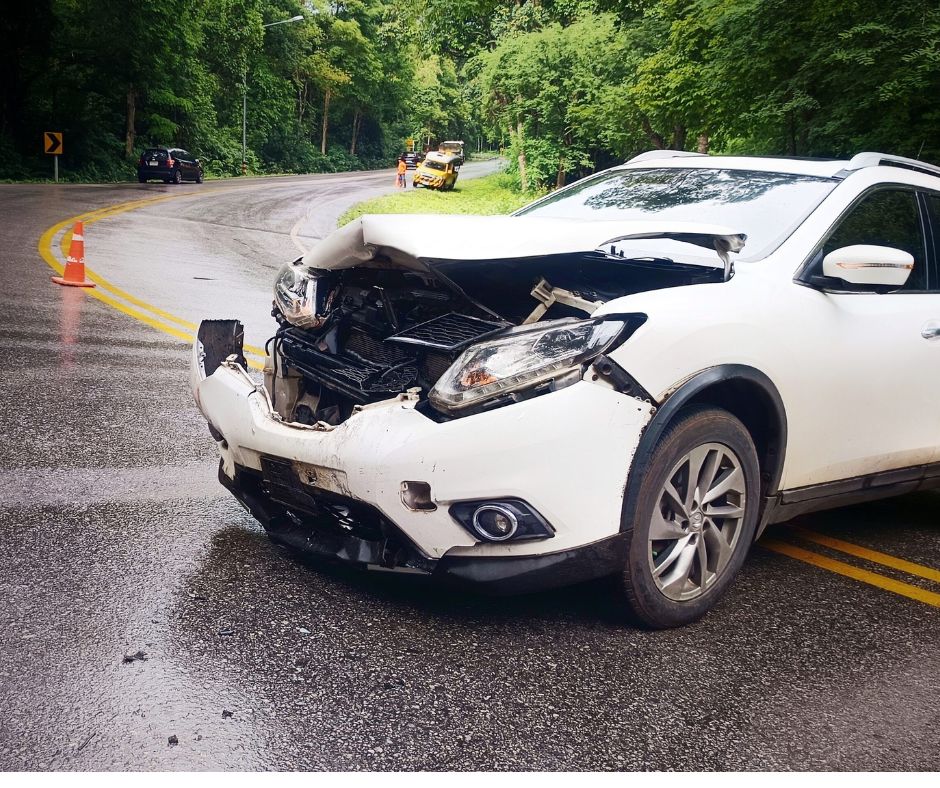
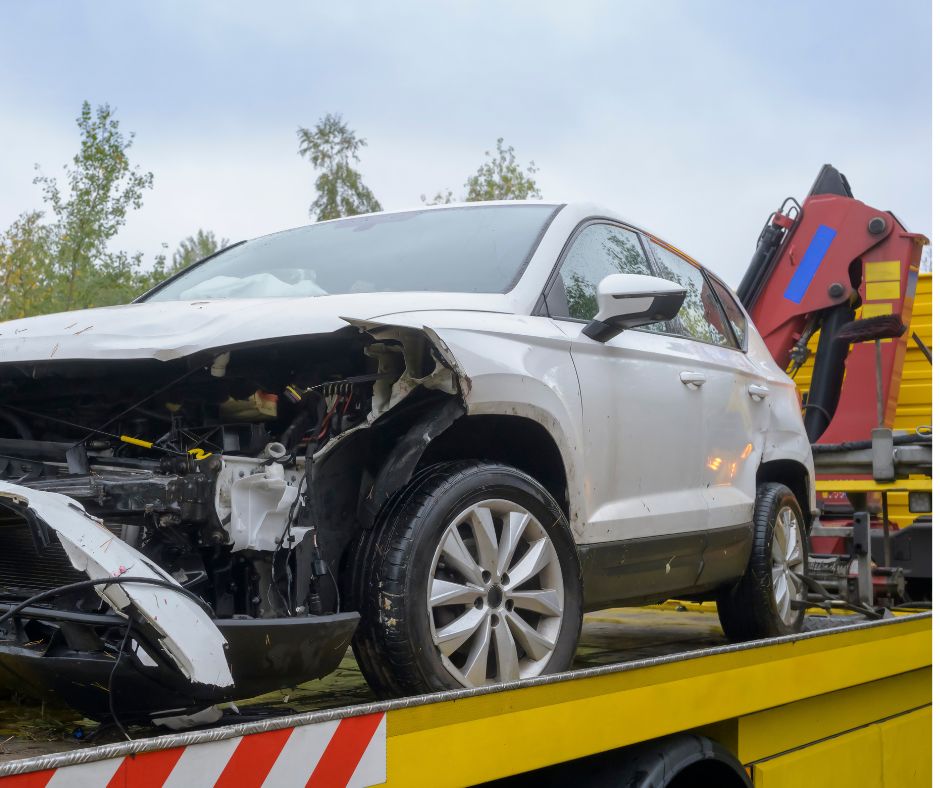
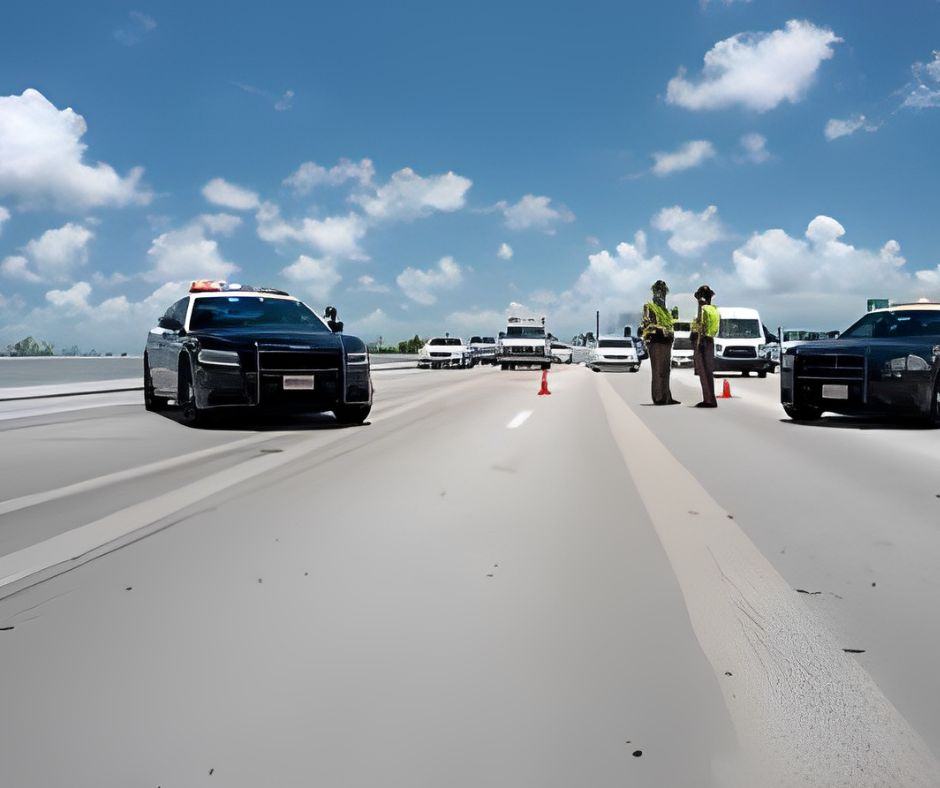
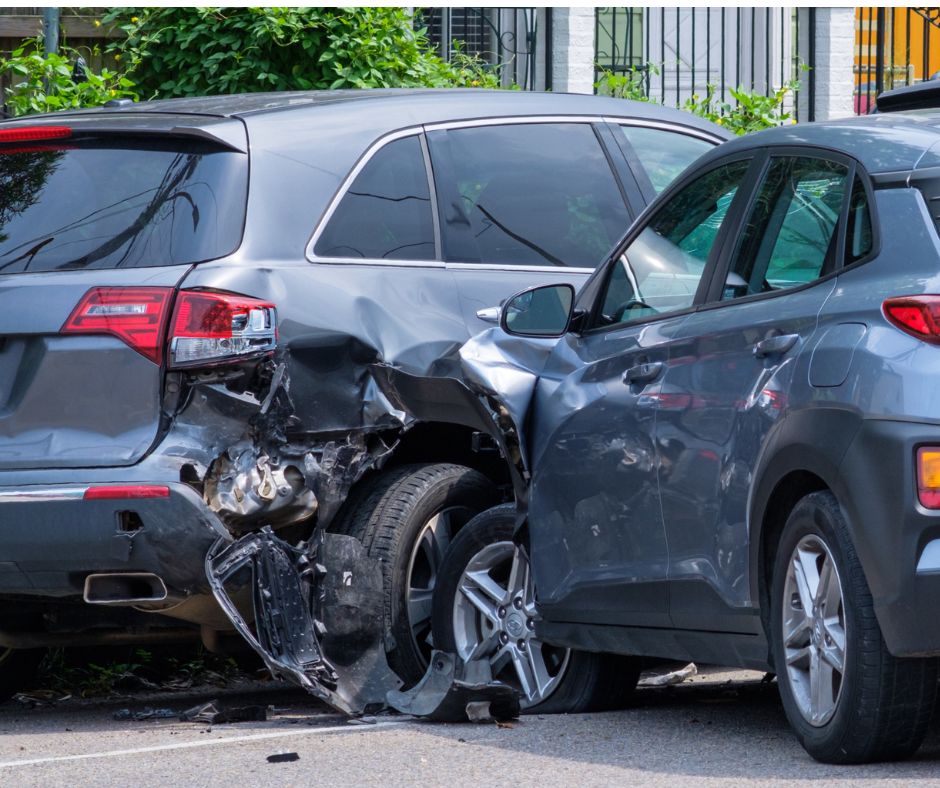



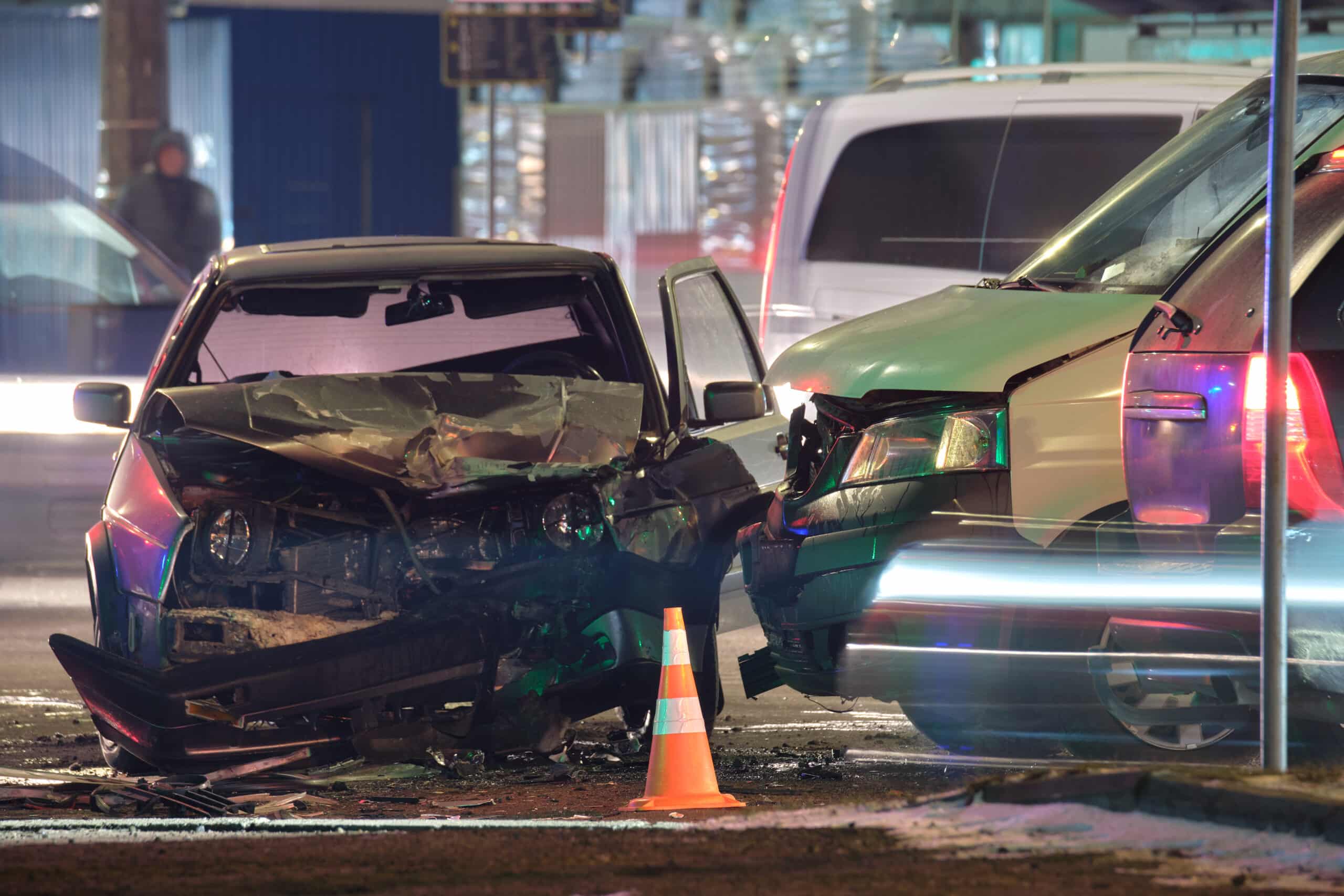
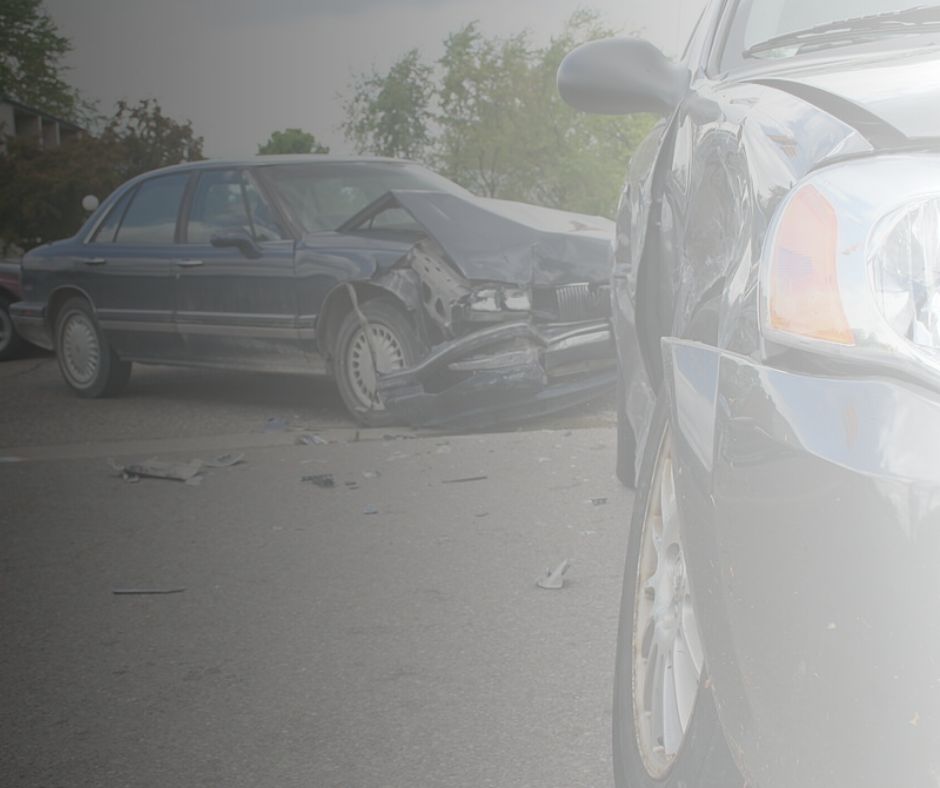

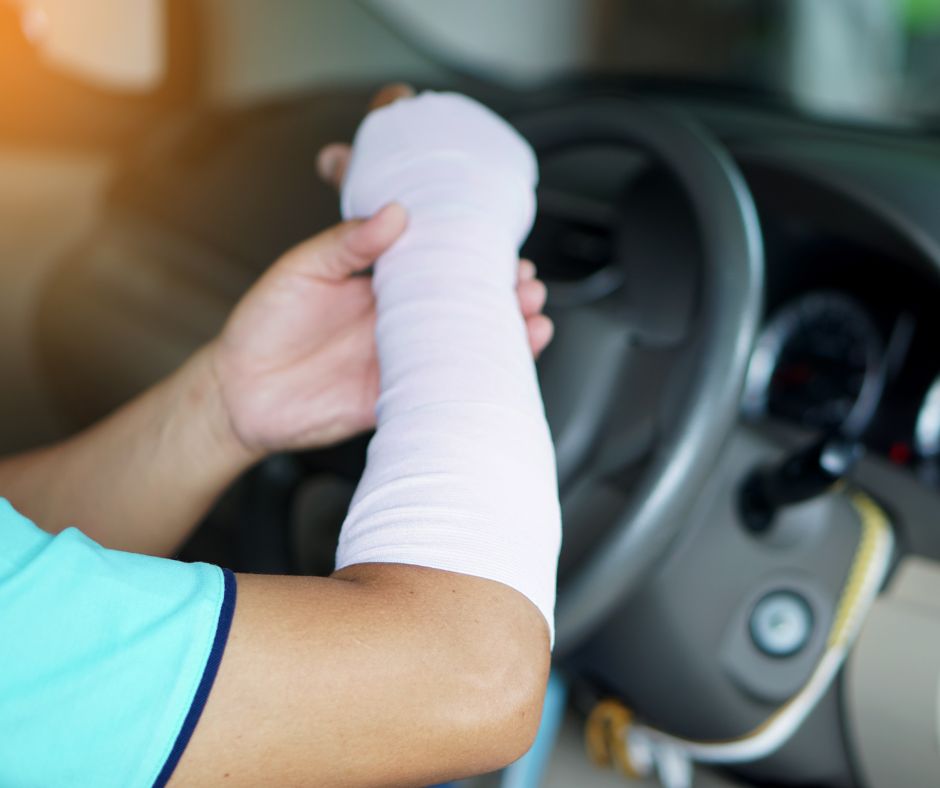




 EMAIL
EMAIL  AI-search
AI-search  Access
Access